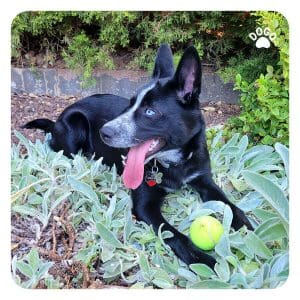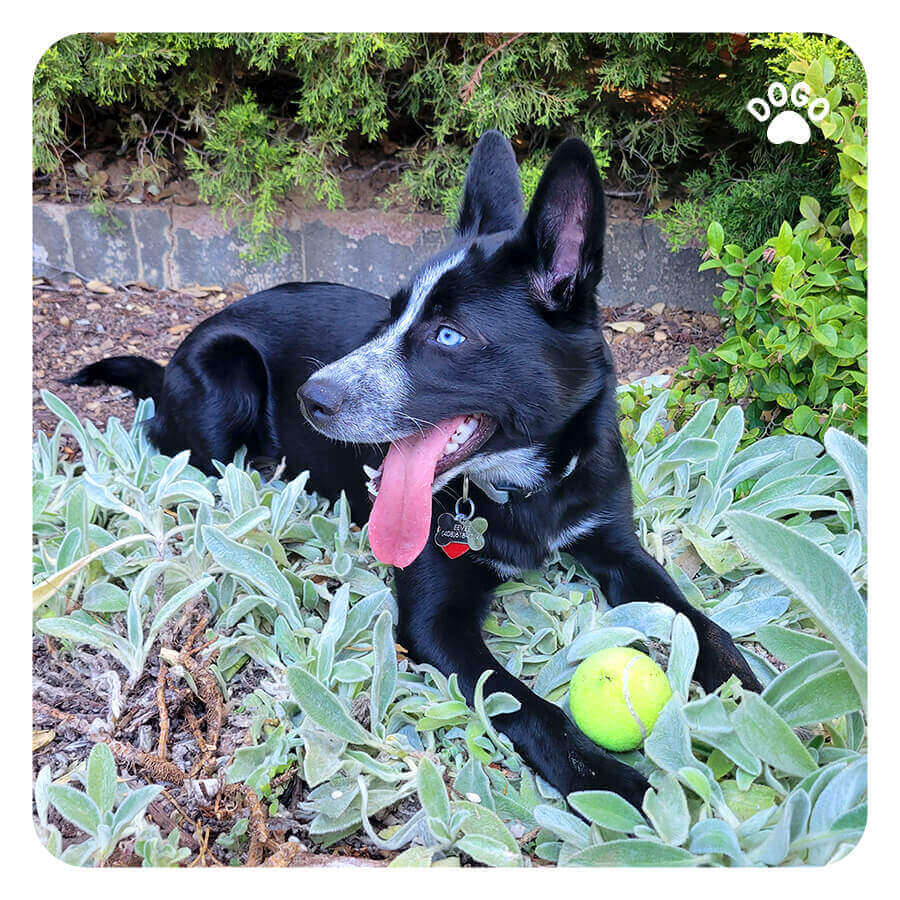 If you’ve ever caught your puppy munching on their own or another animal’s poop, you’re not alone. It’s a common behavior that often leaves dog owners puzzled and slightly disgusted. But don’t worry; this behavior, known as coprophagia, is not as uncommon as you might think. Let’s dive into why puppies engage in this behavior and what you can do about it.
If you’ve ever caught your puppy munching on their own or another animal’s poop, you’re not alone. It’s a common behavior that often leaves dog owners puzzled and slightly disgusted. But don’t worry; this behavior, known as coprophagia, is not as uncommon as you might think. Let’s dive into why puppies engage in this behavior and what you can do about it.
Understanding the Behavior
First things first, let’s address the elephant in the room: The reasons are varied but often include natural instincts, curiosity, and even potential nutritional deficiencies. In the wild, mother dogs consume their puppies‘ waste to keep the den clean and to protect the puppies from predators. Puppies may mimic this behavior out of natural instinct. Additionally, puppies are naturally curious creatures, and they often explore the world with their mouths. Eating poop might simply be a part of their exploration.
Potential Nutritional Deficiencies
Another reason puppies may eat poop is due to potential nutritional deficiencies. If a puppy isn’t getting the necessary nutrients from their food, they may instinctively seek out other sources of nutrition, even if it means resorting to eating feces. This is especially common in puppies who may not be getting enough food or are on a poor diet. To prevent this behavior, it’s crucial to ensure that your puppy is receiving a well-balanced diet.
Environmental Factors
Environmental factors can also play a role in coprophagia. For instance, if a puppy is confined to a small space, such as a crate, they may be more likely to eat their own waste simply due to proximity. Stress and anxiety can also lead to coprophagia in puppies. If a puppy is feeling anxious or bored, they may engage in this behavior as a means of self-soothing or seeking attention.
How to Address the Behavior
So, what can you do if your puppy is eating poop? First and foremost, it’s essential to consult a veterinarian to rule out any potential health issues and to ensure that your puppy is receiving the right nutrition. Additionally, ensuring your puppy has access to a clean and spacious environment can help prevent coprophagia. Regular exercise and mental stimulation can also alleviate stress and reduce the likelihood of this behavior.
Training and positive reinforcement are crucial in addressing coprophagia. When you catch your puppy in the act, it’s important not to scold or punish them. Instead, redirect their attention to a more appropriate activity, such as playing with a toy or engaging in training exercises. Positive reinforcement, such as rewarding your puppy for ignoring waste or for engaging in other desired behaviors, can be highly effective.
In some cases, adding a taste deterrent to your puppy’s food or using a product specifically designed to discourage coprophagia may also be beneficial. These products can make waste less appealing to your puppy, thus reducing the likelihood of them consuming it.
While coprophagia can be a frustrating behavior, it’s important to approach it with patience and understanding. Remember, puppies aren’t intentionally trying to gross you out—they may simply be following their natural instincts or seeking something they feel they need. By addressing potential nutritional deficiencies, providing a stimulating environment, and using positive reinforcement, you can help curb this behavior and guide your puppy towards healthier habits. If you’re ever in doubt, don’t hesitate to seek guidance from a professional trainer or veterinarian to best support your puppy’s well-being.
[/fusion_text]

